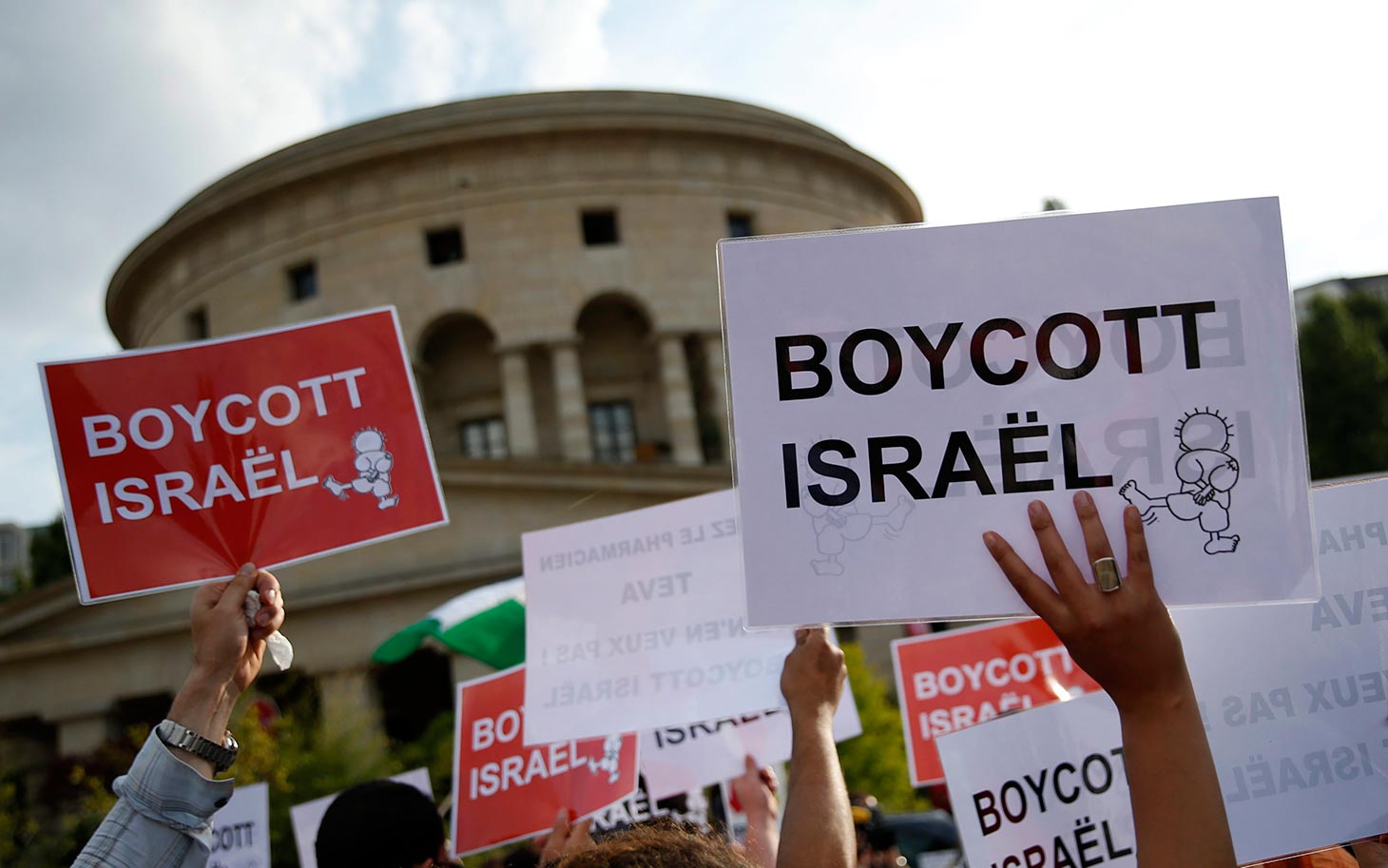Boycott in Britain: Between Consumer Conscience and Economic Boundaries

"Co-op", which operates 2,300 stores and serves 6.2 million members, announced its decision after a full year of internal study, confirming that it is based on international human rights assessments and not external pressures. These official statements attempt to tame the message of the boycott, but in reality, they acknowledge the power of popular influence that forced one of the largest retail chains to adjust its policies.
In the financial sector, "Barclays" provided a different model of response. The bank's withdrawal from sponsoring music festivals under pressure from the public and artists revealed the fragility of its commercial reputation in the face of popular anger. Despite the bank's attempts to justify its position by talking about "traditional banking services", hundreds of customers announced their severance of ties with the bank, in a clear warning to other financial institutions.
What is striking about this wave is its transformation from an individual act to an organized institutional movement. Companies like "Lush" not only closed their stores in solidarity with Gaza, but turned solidarity into part of their brand identity, where the charitable "Watermelon Soap" achieved unprecedented success. This phenomenon proves that the ethical dimension can become a successful marketing strategy in an era of increasing consumer awareness.
Local alternatives represent another face of this movement. Restaurants like "The Palestinian House" have witnessed unprecedented demand, while new brands like "Gaza Cola" and "Labbaik Cola" have emerged despite their higher prices. These phenomena indicate the birth of a parallel economy based on ethical values, even if it is still in its early stages.
However, challenges remain significant. The lack of accurate data on the impact of the boycott on the sales of targeted companies makes it difficult to measure the true effectiveness of the movement. Additionally, the decentralized nature of the popular boycott makes it susceptible to decline over time, especially in the absence of a supportive institutional framework.
The most complex issue lies in the legal framework. Ongoing legal challenges may determine the future of the boycott movement, as authorities attempt to balance freedom of expression with security concerns. This legal struggle will determine whether the boycott remains within the bounds of peaceful expression or will be restricted.
The wave of boycott in Britain proves that the consumer is no longer just a passive recipient of goods, but has become an ethical actor capable of changing the policies of major companies. The true success of this movement will not be measured by the number of stores that closed or the products that were boycotted, but by its ability to create a lasting shift in consumer awareness and corporate behavior, transforming moral outrage into tangible economic change.